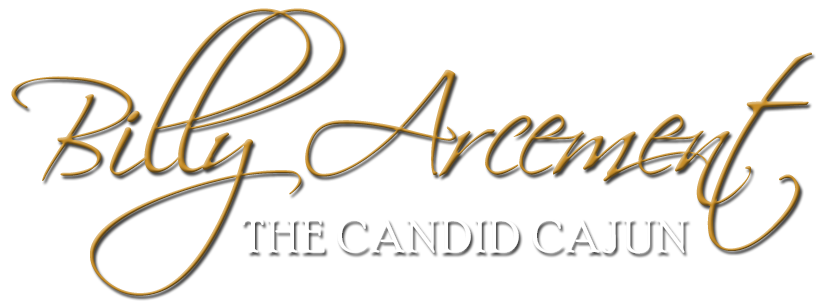Don’t Just Hire a New Employee—Develop Them
By Billy Arcement—The Candid Cajun
Copyright 2021
Are you getting ready to add to your workforce? What steps have you taken to assure that these new hires will make a successful transition into your organization? New employees should be provided a fair opportunity to develop their skills and talents and remain on the payroll. Failure to do so could result in the loss of a potentially good employee, a waste of training dollars, or the threat of legal action from dismissals. Obviously, none of these are acceptable options for the organization.
Here are some steps managers can follow to provide new employees with strong opportunities to contribute and remain employed.
Clearly identify on-the-job skills required. Too often, companies do not have a clear definition of what each job position requires. They may have general guidelines but no hard specifics. This fact makes hiring just the right person a more difficult task. Before you conduct the first interview, sit down and detail each segment of responsibility and the skills needed to carry out these activities. Once done, you can much more easily find the right person for the job.
Training must address and build the proper skills. Few employees come to the job with all the skills needed to carry out their responsibilities. By testing prospective employees for skill levels before you hire them, you can structure training effectively. Employers have the responsibility to educate before they terminate.
Don’t abandon employees after they are hired. If you reach the employment stage, don’t place them into the work place and then forget them. Spend time observing their work. Encourage and educate at every opportunity. The time spent early in the career chain has tremendous payoff down the line. Everyone likes a little attention, and, for the new, nervous employee, this is especially welcomed.
Tell them now. Feedback on performance is a critical growth practice. Tell often and tell accurately how you feel. This fine tunes skills and can build employee self-motivation. Please don’t accumulate your concerns until the annual performance review and then pile it on during the session. That is a sure way to un-motivate and deflate.
Encourage lots of questions. The use of questions is by far the most accurate method for clarification of any issue. The person with the most questions controls the conversation and the person with the most questions learns the most. As you review the daily performance of employees, ask them questions and encourage them to question you. That way, you both engage in control and learning. Remember, any question is a good one. There can be no stupid question when learning more is the reason for asking. Be patient, kind, and truthful as you address concerns. Encourage openness and support for asking clarifying questions. This is your greatest learning tool.
Design training around individual deficiencies. At times, general training works well. However, when developing a new employee, it is necessary to customize their training. Employees are unique and he or she has their own special needs. Design training to address those needs and you greatly speed up the learning curve. Be prepared for varied progress. Raise expectations and provide customized learning opportunities. These are the winning combination for building the correct job skills.
Address training needs in performance reviews. At the end of the first quarter of employment you should schedule an informal performance review. You might even repeat this each quarter for the first year if time permits and you see the need. During these sessions, briefly discuss your observations, the training initiatives that have been implemented, and any progress or lack thereof. Agree upon any remediation activities that may be needed or determine what other skills will be developed in the coming months. This session can be a real attitude booster if properly done. Don’t overlook the significance of a little attention and special encouragement that can be intertwined in this session. This is a powerful tool.
Document! Document! Document! I cannot stress enough how important it is for you to have detailed documentation of your observations and conversations with employees. This is particularly important in any performance review session. You may want to have the employee review your written comments and sign the document as proof of what they were told. This is a formal process, but it has great legal weight. Perhaps you don’t see the need to do this and that may be perfectly okay. But, at a minimum, you must have notes. Relying on your memory and some “Karma” to pull off an effective review of employee progress just won’t work.
If you hire, train, observe, give feedback, provide remediation, and hold employees responsible and accountable for doing their best, you will be managing your new employees in the best possible manner. Doing the job right from the beginning prevents an ugly scene at the end. It’s a fair process that no one could disagree with and one that will serve you well. Can you afford to do any less?
